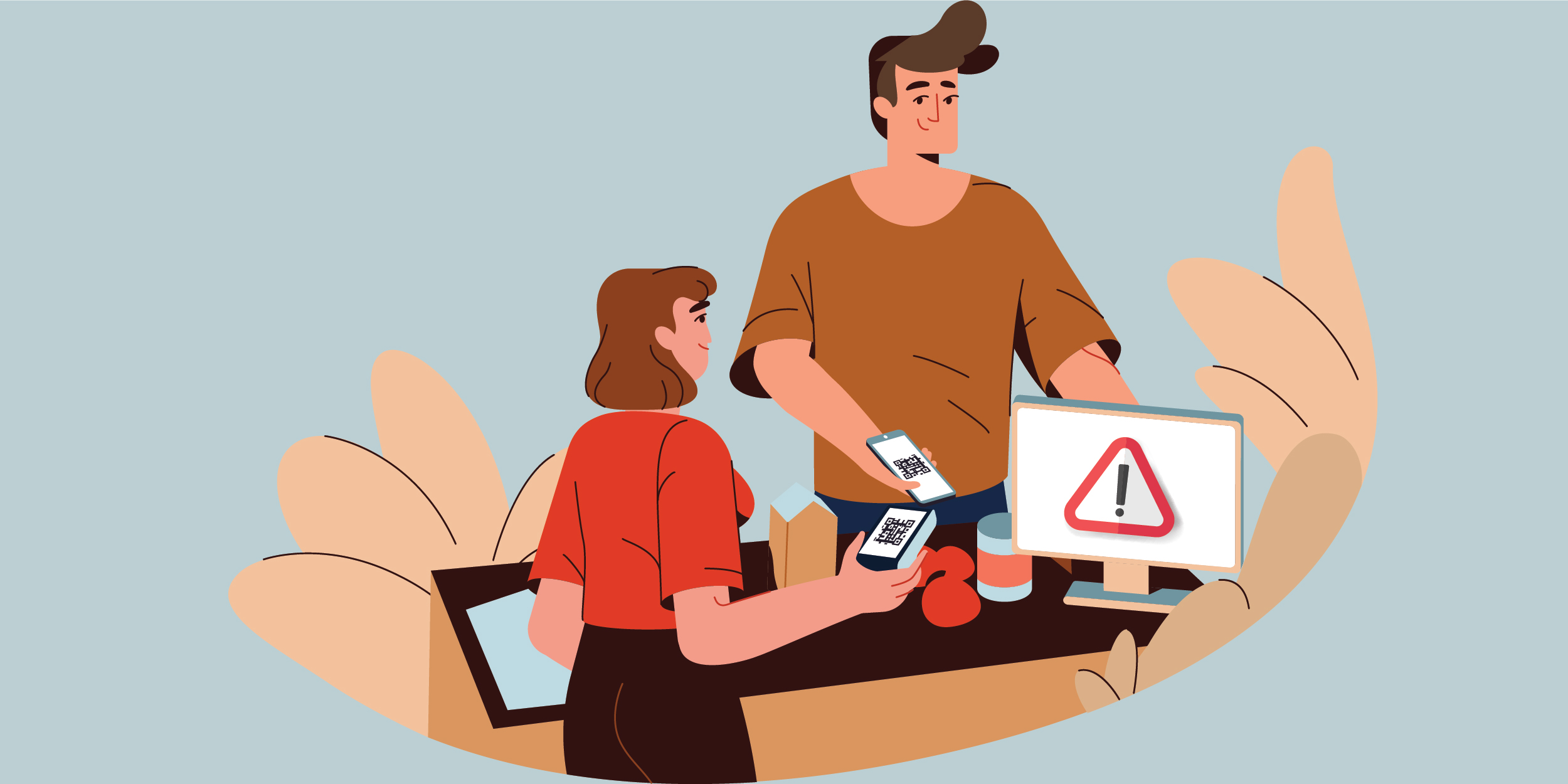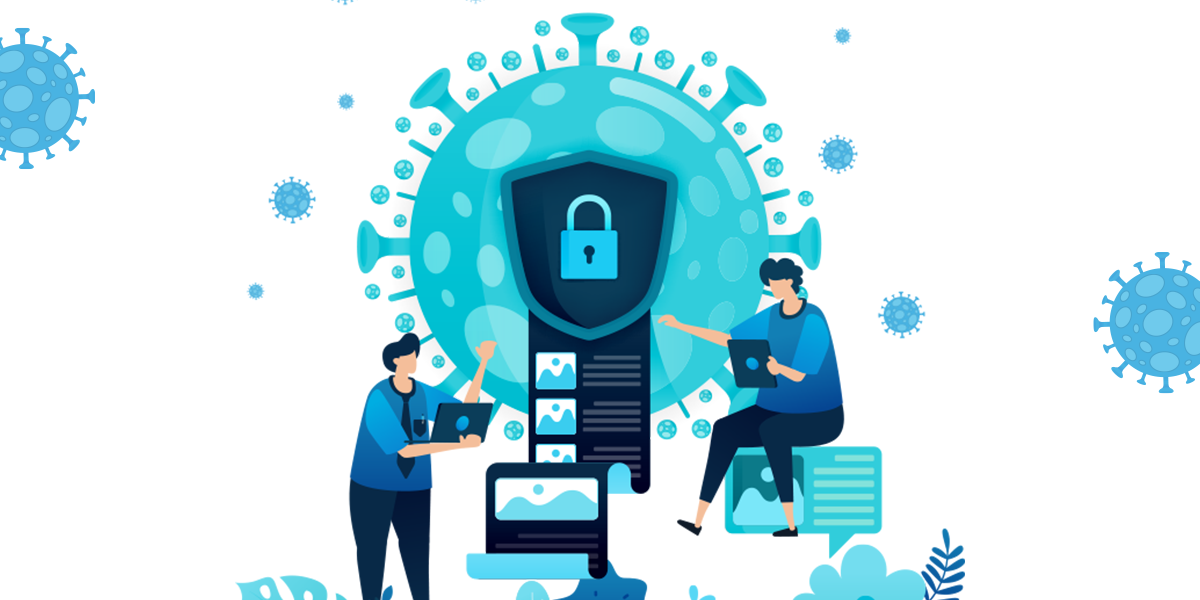The online world has been an attractive net for both young and old. It offers a whole world of opportunities to explore the things that we can perceive and cannot. The magnanimity and widespread information open for all that this space provides have made the internet a natural prey to arguments. There are several debatable pros and cons of stepping into the internet, primarily, online safety being the top concern. Knowing that internet access is available to all and from anywhere, it brings into its grasp the vulnerability of children who access the internet. This topic has been around for a long time, and so have been the risks and consequences.
Here we have 10 Do’s and Don’ts that parents can follow to ensure their kid’s internet security.
1) Have the upper hand- stay updated!
Even before you head to considering the online safety of your children, make sure you are fully aware of what it is all about. Update yourself regularly about the software your kid accesses, the new changes that have entered the virtual world, the devices that connect to the internet, etc. You might not want to end up handing over a device to your child that has free access to the internet, which you had no idea about, unfortunately. Before you hand over any device to your children, learn how they work and the software, websites, etc., that can be or already are connected through it.
2) Keep an eye
As much as it is important to trust your children and respect their privacy, it is equally essential to ensure they are safe. Monitoring your kid’s online activity can be done is many healthy ways without having the need to tamper your relationship with them. Speak to your children about how it is necessary that you keep an eye on their usage for their own safety and for the safety of the family. Let them know, that they are being monitored, so that your kid does not feel distrusted. Here are few steps you can undertake to make sure you can monitor your kid; set internet security clouds for the devices they handle, have passwords that only you or any other trusted adult at home can help them with, set your Wi-Fi accessible device to forget password, ensure your child browses protected sites alone, etc.
3) Educate them when young
The best way to ensure your children are safe (or at least somewhere think of online safety at the back of their minds), is to speak to them directly about it. You can be doubly sure that most of your talks are going to fall on deaf ears, considering the natural curiosity that kids are built with. However, that does not mean you can skip this part. Talk to your child about internet safety in a language that they would understand, build the trust that is essential for your child to confide in you when in trouble. Tell them how the world beyond the screen they do not see await them with danger if they failed to guard themselves for battle. The cynja (comics about internet safety for kids) is an excellent place to start explaining to your children about cyberspace safety. The characters will help them understand that they might need your help when in trouble.
4) Two worlds- same rules
Make it clear to your children that although the internet world and the real world may appear different; in reality, they are same and so are the rules. Tell them that a stranger online can be as dangerous as a stranger in the real world. If you have taught them that anything that makes them feel threatened or uncomfortable in the real world should call for your immediate intervention, let them know that likewise, the internet world will also require your assistance to rescue them.
5) Masked gifts
You might never allow your child to accept gifts from strangers or open packages without your assistance. Let your child know that the same rule goes online. This virtual world might have bad people masked behind gifts that look attractive but can trap them. Rather than going over the threats of malware and viruses, tell your child that mysterious emails, unknown requests, strangers seeking friendship online, are potential enemies that might come forth to steal their happiness and peace.
6) Be a friend
The most important concern on your part is that your kid is safe and approaches you when in need. It is in your hands to build the trust that your child can fall back on. Have a healthy conversation with your children about the internet world, without completely scaring them away. Speak of the good things online- the various cartoon characters they can learn more about, space shuttles that they download for a science project, etc. Be there with your child when they try to build their safety net. Help them with building their passwords (maybe using long sentences that will make it tough for bad people to crack!) when they are in need.
7) Get within the groove
As much as your children might hate you for this, you have to squeeze yourself a space in their social media circle. Keep a close watch on their friends, social media posts, Facebook uploads, Instagram pictures, Tweets and every other place your child loves to hang out in the internet world. Apart from being on guard that no stranger harms your child, this is also the best way to ensure your child does not invite trouble upon himself/herself and the family due to their controversial activity.
8) Being good rewards!
Sitting behind a computer screen does not mean any action goes without its consequence- your child must understand this right from the start. The courteous behavior they practice during a party with strangers is expected even online. Let your child know that the computer screen is only seemingly a protective shield from their mischievous action against any person or scenario sitting miles away from them. Let them know that every action has its consequence, even in the internet world and that gives them no excuse to be rude or say unpleasant things to any stranger or even a known person online.
9) Raise a warrior!
Take your child into the mysterious world of passwords and battlefield against viruses. Teach them the art of being responsible with their passwords and guarding the secrecy that exists within the family. Your child might probably like the adding of it and will enjoy the responsibility given.
10) Be alert
Do not let unguarded access to personal and important information about the family, account details, passwords or anything else on any device that need to be safeguarded. If you think your child with internet access might accidentally upload any of the files or information online, it is thoroughly your responsibility there. Thus, be vigilant!











